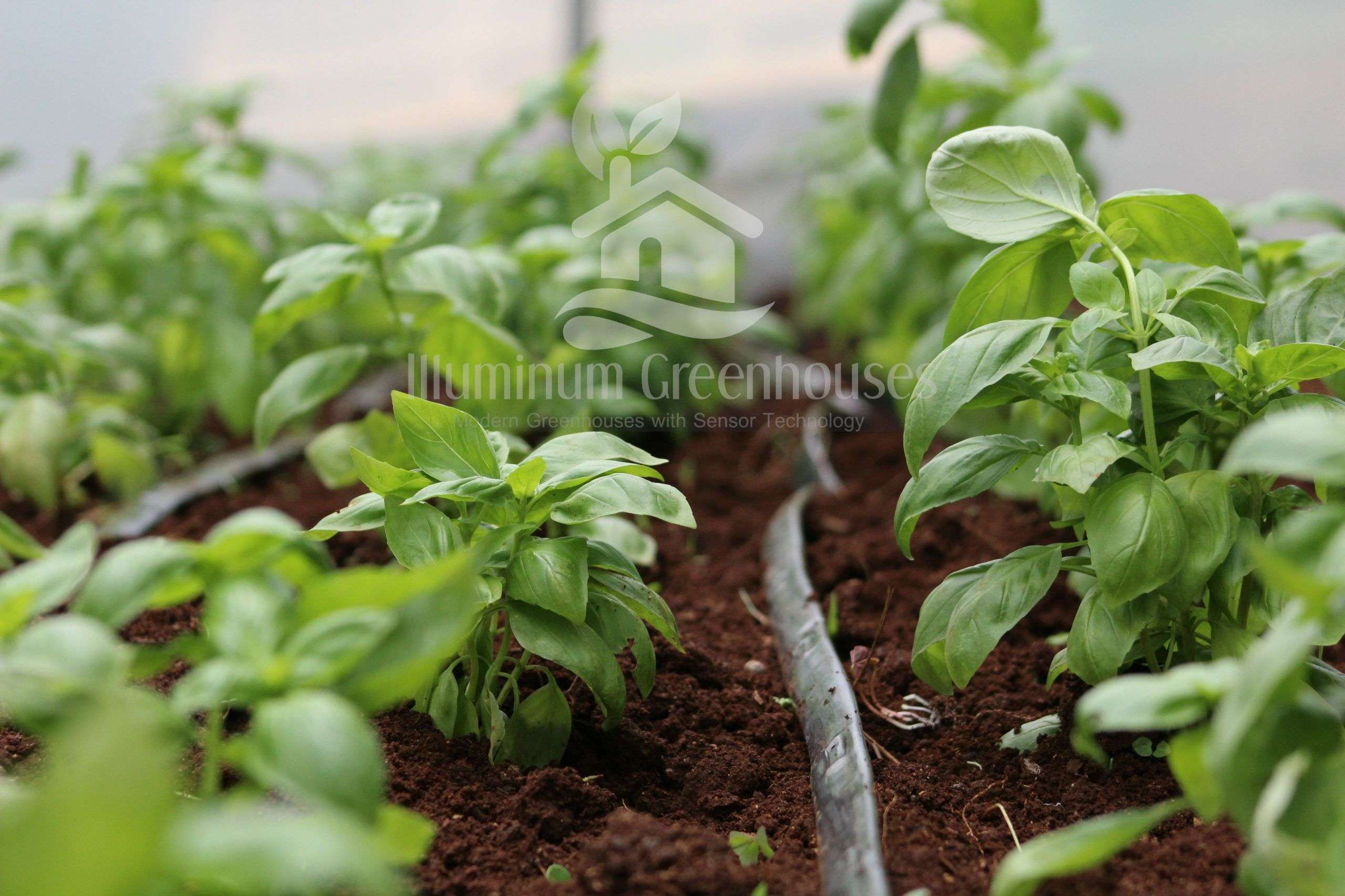WHY SHOULD YOU BE AN EXPORTER?

Export of crops in Kenya has grown over the past years from cash crops such as tea, coffee, pyrethrum to “nontraditional crops”. Nontraditional crops are defined as Crops that are not part of the customary diet of the local population. The African continent has the upper hand in growing most crops due to its tropical climate which facilitates the growth of crops throughout the year whereas the temperate climate zone experienced in most developed countries restricts cropping seasons to summer months.
Common vegetables and fruits exported from African countries to the European Union (EU) include;
Demand for dried fruits has been on the rise, the UK being the biggest importer. Common dried fruits include mangoes, apples, pistachio and grapes.
What has led to the increase in export crops over the last few years?
- Attractive prices in the export market; which is almost double what the local markets offer.
- Consumers’ desire for diversity and awareness of health benefits from these crops in developed
nations. - Adverse effects of the Greenhouse Effect in developed nations making the African continent a
viable candidate for growing exotic horticultural produce.
[A table from the EPC showing export statistics since 2011 to 2015. Source from http://epckenya.org/index.php?option=com_content&task=view&id=43&Itemid=62]
Did you know; In the 1990s, Kenya was the main supplier of fresh and chilled vegetables in the European Union?
One can either export crops through a company, what is known as Contract Farming or one can do it on their own. Good thing, The Export Promotion Company (EPC) has got us covered. For the lone rangers, the EPC has been kind enough to outline directions on how to become an exporter of horticultural
produce on this link;
Click Here
Starting on your own might be difficult especially the part where one has to source for clients in foreign countries, which leaves the option of contract farming. There are a number of companies here in Kenya dealing with contract farming; Illuminum Greenhouses being one of them.☺
Some of the benefits of Contract farming include;
- Assurance of markets to farmers. Lack of markets is one of the major reasons why investors shy
away from the agricultural sector. - Farmers’ price risk is often reduced as commodity prices are specified in advance.
- Contract farming opens up new markets which would otherwise be unavailable to small-scale
farmers. - Elimination of middlemen who have been known to exploit farmers.
Tips:
1. In contract farming, always insist on contracts. If need be, have a lawyer go through them to
ensure the authenticity of the transactions.
2. For the lone rangers, thorough research is required of the bodies involved in the Export business
and the regulations in place. A good place to start would be KEPHIS and audit firms such as DNV-GL that award Global GAP Certificates upon successful farm audits.
Happy Exporting!



